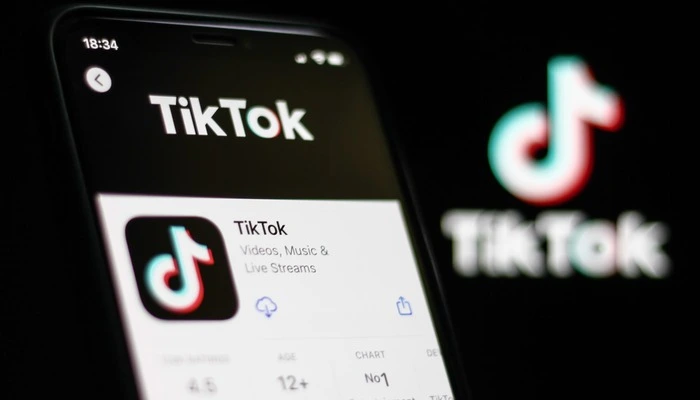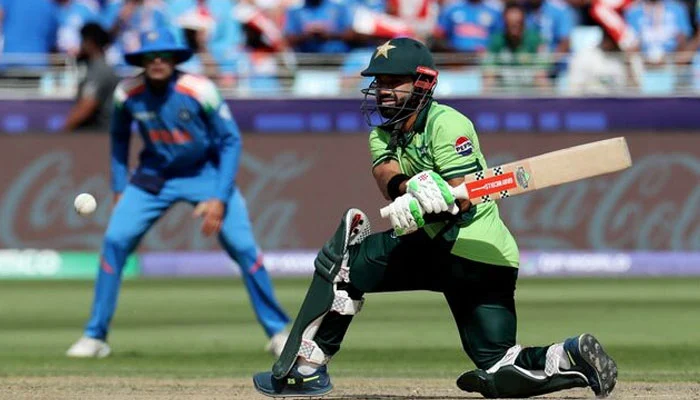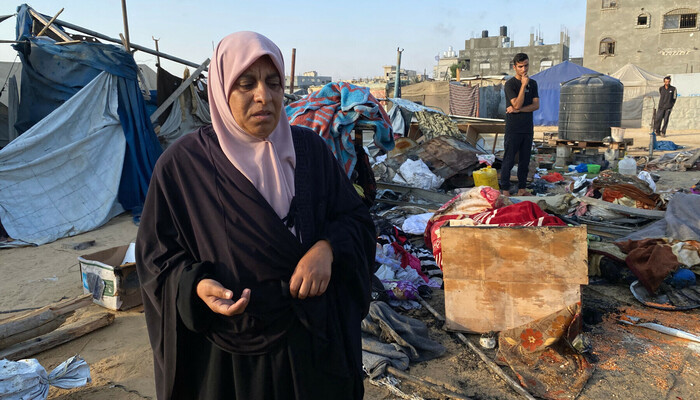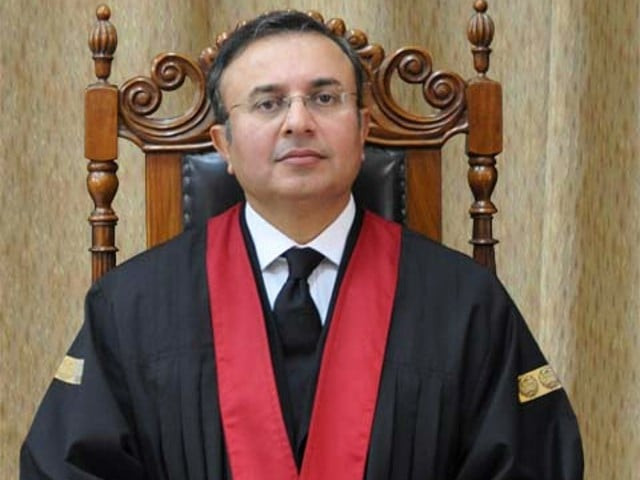
With its immense reach and ease of use, TikTok has undeniably revolutionized social media. In Pakistan, the app quickly gained popularity, especially among youth, giving rise to many influencers who have amassed considerable fame and influence. However, alongside its popularity, TikTok has also become a platform fraught with controversy and ethical concerns. A disturbing trend has emerged where individuals, especially some women, allegedly use the platform to stage provocative stunts, leak questionable content, and later play the victim card — all seemingly for publicity and follower growth. Given these concerns, the call to ban TikTok in Pakistan is growing louder, especially as such tactics continue to blur the lines between genuine issues and carefully crafted scandals.
The Publicity Stunt Culture on TikTok
In Pakistan, TikTok has become infamous for various instances where users, both male and female, allegedly fabricate controversies to gain attention. Some influencers have allegedly leaked their own provocative content or orchestrated incidents to boost their visibility. This tactic appears calculated to increase followers by generating viral controversy, followed by public displays of remorse or blame-shifting. Sadly, in many cases, these actions tarnish the credibility of legitimate victims and skew public perception on real issues.
The Victim Card and Gender Dynamics
One of the troubling aspects of these incidents is how the narrative of victimhood is manipulated to gain sympathy. This is especially visible in cases where women claim victim status after engaging in questionable conduct, often framing men as aggressors or violators. In some instances, men are accused of betrayal, harassment, or other wrongdoing, only for the truth to emerge later, revealing a much more complex — and often fabricated — story. For these men, such allegations can ruin reputations, damage personal relationships, and lead to social ostracism, even if the accusations are later proven false or exaggerated.
Lack of Advocacy for Men in Pakistan
In Pakistan, support for men falsely accused of misconduct is minimal. The legal system and social support mechanisms often fail to recognize men as potential victims in such cases. Instead, social biases can work against men accused in the court of public opinion. The lack of gender balance in addressing harassment, defamation, and reputational damage is a serious concern. Currently, there are limited voices and platforms advocating for men who may face defamation or manipulation on social media, leading to a gap in gender justice.
TikTok’s Role in Amplifying Controversial Content
TikTok’s algorithm is designed to promote engagement by favoring content that attracts views, likes, and comments, meaning that controversial or provocative videos gain significant reach. This drives a cycle where influencers feel pressured to constantly push boundaries, knowing that more extreme content will be rewarded with greater visibility. The result is a platform that often promotes and amplifies the most questionable content, allowing harmful trends to gain traction and providing a medium for orchestrated scandals to go viral.
The Case for a Ban on TikTok in Pakistan
Considering these issues, some believe that banning TikTok in Pakistan could be a solution to curbing this harmful trend. This ban, they argue, could help protect young users from exposure to questionable content and prevent the rise of publicity stunts and orchestrated scandals. Furthermore, a ban could serve as a stand against content that undermines genuine cases of harassment or abuse, creating a healthier online culture where victimhood is respected and not exploited.
Final Thoughts
While TikTok has its benefits as an entertainment and creative outlet, the platform’s misuse is fostering a culture of controversy, manipulation, and exploitation. By banning TikTok, Pakistan could potentially reduce the prevalence of damaging publicity stunts and help create a safer online space. Above all, what’s needed is a comprehensive approach to social media use in Pakistan — one that respects the boundaries of responsible content creation, protects all genders equally, and prioritizes ethical behavior over fame and followers.
Follow us on Google News, Instagram, YouTube, Facebook,Whats App, and TikTok for latest updates









